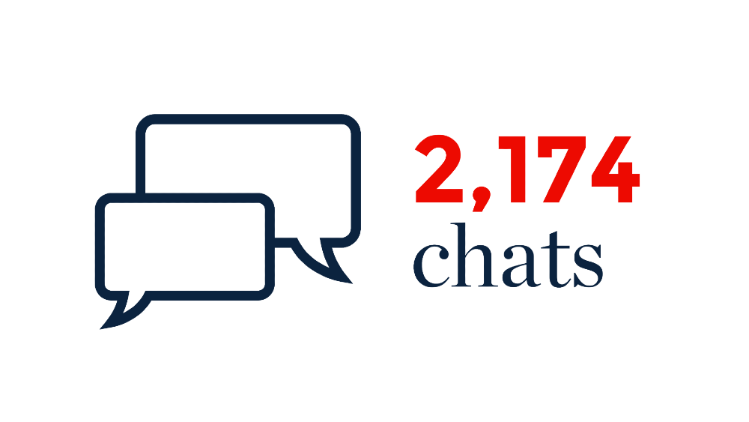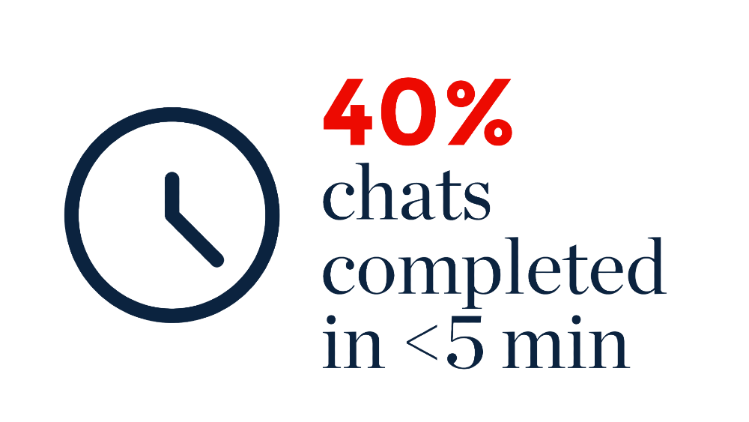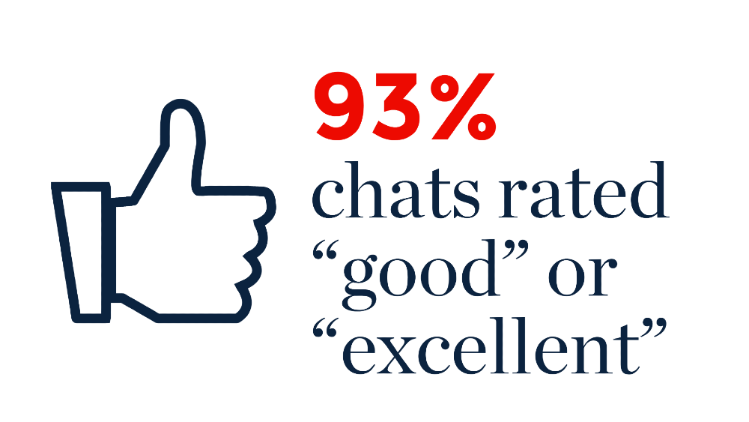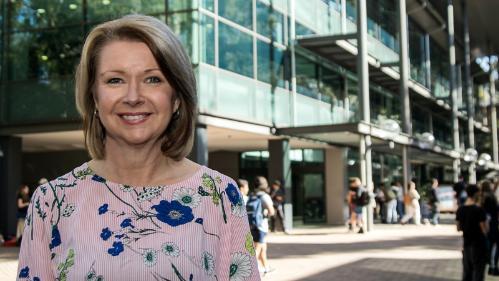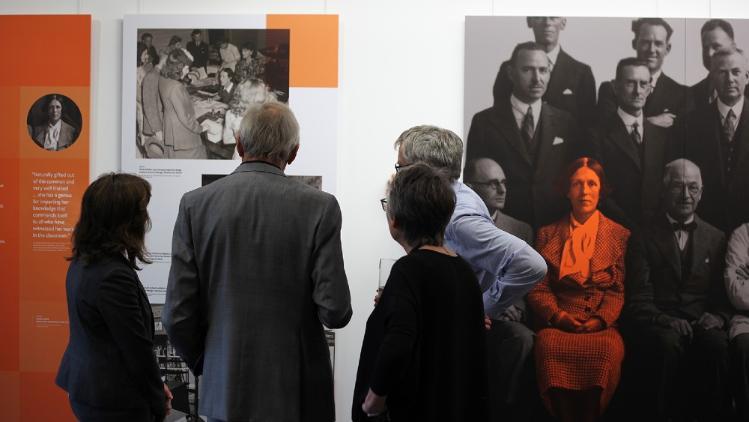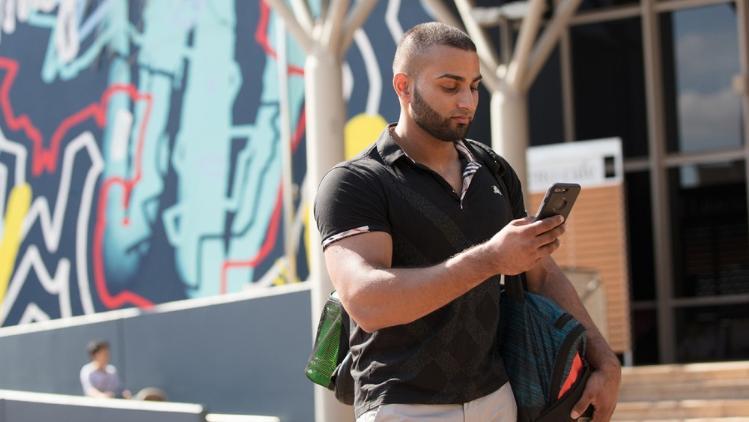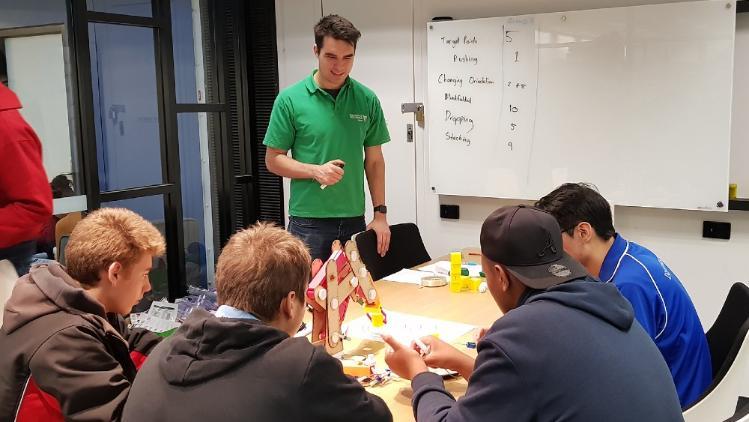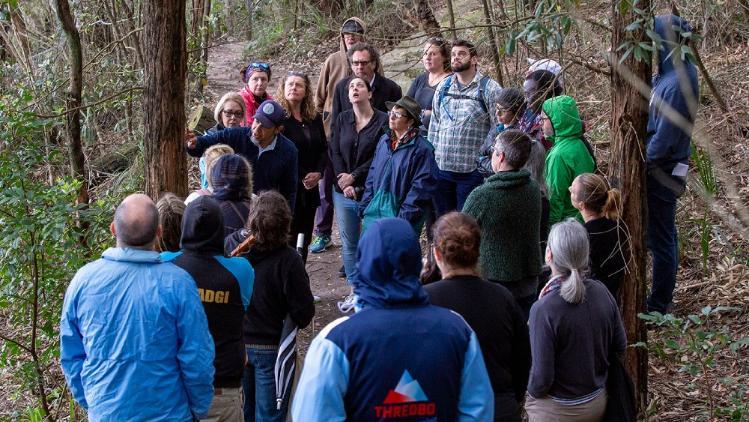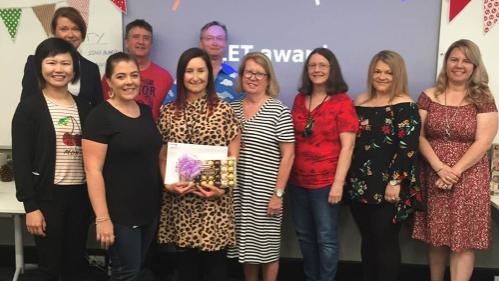Digital first focuses on universal design principles to enable the best access to resources and services for the greatest number of our clients.
Optimise digital learning & service environments
As a modern academic library, services must keep pace with the real-life challenges faced by higher education students today, including learning anywhere, any time.
The JISC Student Digital Experience Insights Survey provided a benchmark against which to assess future efforts in the digital learning environments space. Although UOW Library services were not targeted directly, the survey focused on specific areas of digital literacy, based on needs identified by UOW students and will inform future work in that area.
Focusing on digital first enables ongoing prototyping and development of services such as Live Chat. Tailored learning objects for the development of information and digital literacy skills and the Assignment Calculator are valuable additions to the unmediated resources available to students.
These services build on foundational work undertaken over the life cycle of the Future-Ready Library Strategy and position the Library well to accommodate the increasing shift toward hybrid and online methods of teaching and research.
Digital Literacies Framework
Information and Digital Literacies are widely recognised as a key development area for students and staff in higher education. Several Australian universities are making significant steps to embed digital literacies into curriculum either by a structured framework or faculty-specific development opportunities (or a combination of the two).
The UOW Student Digital Literacies Framework outlines the skills and capabilities displayed by a digitally literate student across six primary categories. The approach for the framework was endorsed by the DVC Academic, and the Library engaged in consultation with key stakeholders including Learning, Teaching & Curriculum (LTC), Pro Vice-Chancellor (Students) (PVC-S), the UOW Online Student Experience working group, Learning Platform Academic Advisory Group, Professional Organisation & Development Services (PODS), and Information Management & Technology Services (IMTS) on the continued development of the framework and models for implementation.
Key recommendations emerging from the consultation process include: embedding digital literacies in courses rather than subjects; a focus on student and staff digital literacies supports; and development of a clear service model for supporting staff and students in their skills development.
The updated UOW Student Digital Literacies Framework will seek further endorsement from the University Education Committee and Senate in early 2020.
JISC Digital Experience Insights Survey
The Library facilitated delivery of the JISC Student Digital Experience Insights Survey in 2019, in collaboration with University stakeholders including Information Management & Technology Services (IMTS), Student Services Division (SSD), Learning, Teaching & Curriculum (LTC) and Pro Vice-Chancellor (Students) (PVC-S).
The survey was designed and managed by JISC, a UK based organisation who have undertaken significant work in digital literacies and have been influential on the development of the UOW Student Digital Literacies Framework. It was conducted with the aim of better understanding the student digital experience, encompassing the digital lives of learners, student attitudes to digital, and the way digital is supported by the institution.
The survey results provided valuable insight into the digital experience of students and an indication of how UOW student experiences compare within the Australian and New Zealand context. These insights will continue to inform our support of student digital literacies.
Digital Learning Objects
Skills once delivered face-to-face in scheduled Library classes are now available to access as online tutorials at any time. These range from interactive database tutorials and conceptual YouTube videos to pathways and content that can be embedded directly into Moodle sites, with contextual information provided by academic teaching staff.
Using curriculum knowledge, analytics from student consultations and reflecting on face-to-face interactions, the Liaison Services team worked to identify troublesome areas of information literacy for new students. The Liaison Services team works closely with subject coordinators of core first year subjects to identify and embed relevant modules, tutorials and links.
Design thinking practices and Threshold Concepts approaches guided development. By December 2019, the team had designed four new learning pathways using H5P technology, which are now listed as Library tutorials. Feedback loops were built into the H5P tutorials and existing Digital Learning Objects including embedded evaluation surveys with subject coordinators contacted for commentary.
Repositioning StartSmart
The StartSmart program which has provided information and academic literacies support for commencing coursework students at UOW for over a decade has been redesigned to focus on academic integrity, an important element in meeting accreditation requirements.
In line with our changing focus to provide point of need support for information and digital literacies, the Library content within StartSmart was extracted, redeveloped and embedded within Moodle and the Learning Co-Op. The 2020 iteration of StartSmart will be compulsory for commencing coursework students and will be overseen by the Office of Academic Integrity.
Assignment Calculator
The Assignment Calculator is an online tool to support students with planning and scheduling assignments. The calculator breaks down an assignment into manageable steps with helpful tips and links to online resources, enabling students to independently find solutions to their questions at point of need.
This concept was conceived by Sydney Business School Librarian, Lauren Richardson, who recommended an adaptation of an assignment calculator developed by the University of Minnesota Libraries. A partnership formed with Learning, Teaching & Curriculum (LTC) and Learning Co-Op partners to design and develop the calculator for UOW within the Learning Co-Op website.
The calculator was launched in early 2019. It was agnostic to assessment types and includes seven steps, is printer-friendly and provides useful links to Learning Development and Learning Co-Op resources.
"Congratulations on a much-needed tool – well done. I just had a look through and wish I had that during my years of study." (Staff feedback via email)
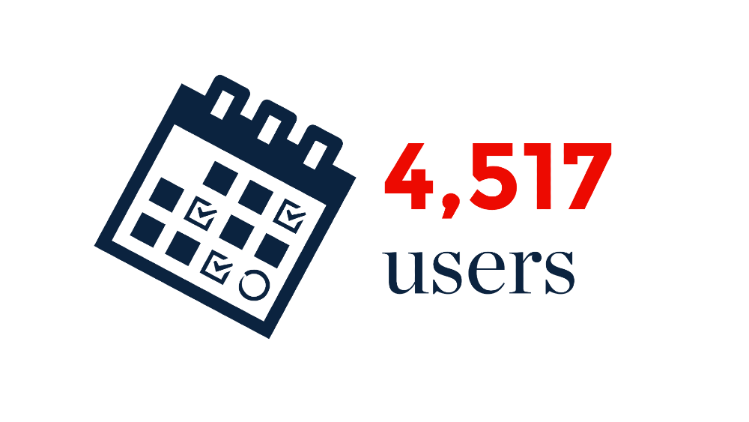
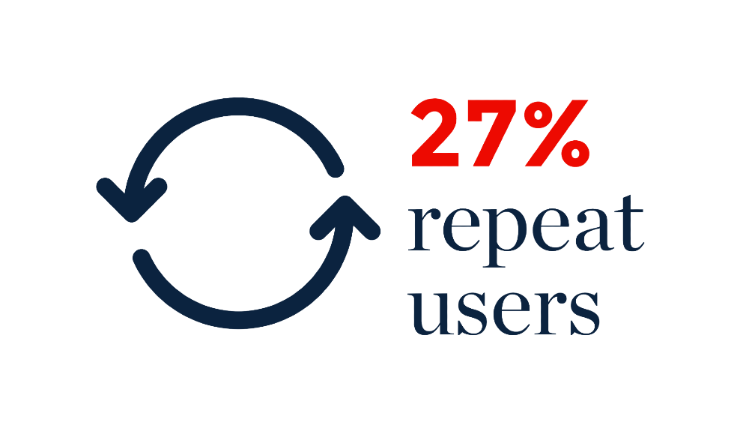
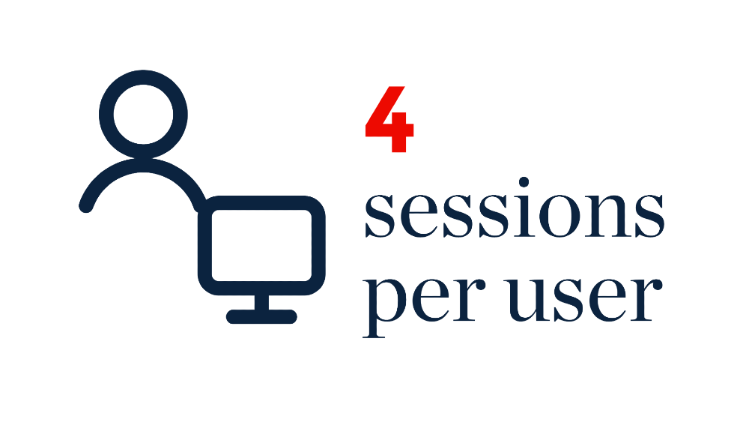
Library Live Chat
Building on the established Live Chat service, a proactive (pop-out) chat widget was piloted to test need and user engagement for digitally enabled services.
The pilot ran over weeks 11, 12, 13 and Study Recess of Spring Session 2019. The results showed an unprecedented uptake of Live Chat services with an increase of 634% over the same period in 2018. Library users clearly valued the proactive invitation to engage with staff for advice and assistance at their point of need.
A recommendation for the full adoption of proactive chat was approved for commencement in 2020.
"The Library Executive Team (LET) acknowledges and thanks all staff involved in the research, project initiation and the fielding of enquiries for the pilot of proactive chat. This is a significant step forward in our commitment to Digital First and the early indications show that we can respond to our clients need for advice and assistance at their given point of need. LET is looking forward to the evaluation report, key learnings and what could be next steps." October 2019
